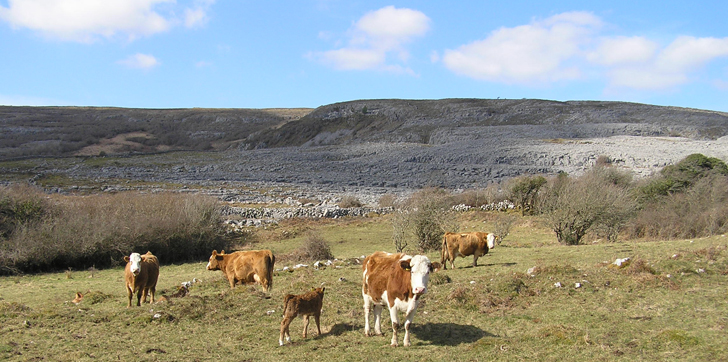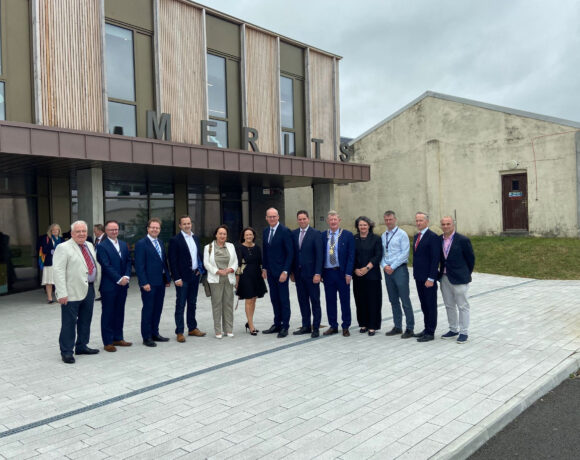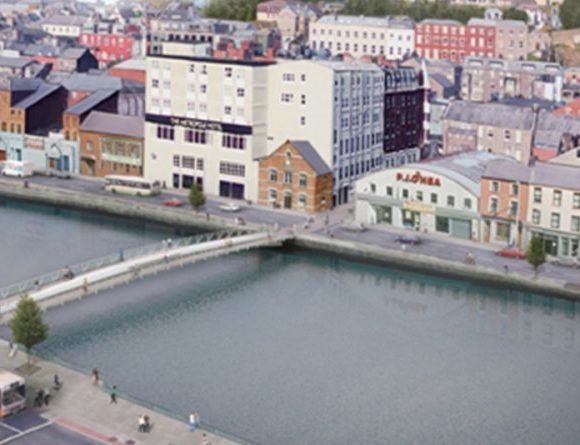With Ireland now churning out one tech unicorn after another in its start-up ecosystem, Jenny Melia of Enterprise Ireland discussed what’s driving this trend.
Jenny Melia was completely blown away when she visited the RDI Hub in Killorglin, Co Kerry, for the first time earlier this week.
Melia stated, “one of my comments when I was walking around, in terms of start-ups located there, they can only go down from there. In terms of location, you would absolutely have location envy walking around it.”
The RDI Hub in Kerry is one of many spaces across Ireland that support the country’s thriving tech start-up ecosystem. Also playing a big role in this ecosystem’s development is Enterprise Ireland.
Melia is technology and services division manager at Enterprise Ireland and has previously worked with its high-potential start-up team. Having been with the organisation for more than a quarter of a century, she has seen the community change and evolve like few others.
She continued, “we’re very much about growing the indigenous client base and then building the footprint of that client base in international markets across the world. It’s also about creating jobs in Ireland, across all the regions.”
Beyond Dublin
Speaking of regions, Melia much prefers a balanced regional focus over a Dublin-centric development of the community.
The west of Ireland, for instance, is home to a buzzing medtech scene with both established, multinational players as well as local start-ups working side-by-side in an innovation cluster.
Melia said, “I think it’s fair to say that over the years some of [the clustering] has been organic. If you look at the medtech cluster in the west, a lot of it was driven by the companies themselves.”
And driving that focus around Galway has been the region’s abundance of talent as well as that clustering of SMEs adjacent to multinationals – driving collaboration on innovation across the ecosystem.
In all, Enterprise Ireland has nine regional plans in place at the moment, with a strategic investment of around $180m going through the Regional Enterprise Development Fund.
“It’s important for us that all the local stakeholders are involved at both the public and private level. It’s very much driven then by local business leaders.”
Ireland and Beyond
When asked about successful businesses that give back to the ecosystem that churned them out, Melia thinks Ireland is a specifically good example, saying, “I think Irish entrepreneurs are very good at that, in my experience with Enterprise Ireland for 20 years, in terms of people throwing the ladder down. But it’s not all one-way traffic. The more established companies are learning from the younger companies as well.”
And the strength of this ecosystem has come a long way in Melia’s two-decade career, in terms of the funding and non-financial supports now available to Irish business in their early stages.
“We need to have funds on the scale that we see in other countries and to give founders and management teams a fair valuation.”
If You Can See It, You Can Be It
But in terms of start-ups choosing Ireland as their destination, Melia thinks we have a big advantage because of the money coming in from abroad, stating, “there’s a lot of competition around Europe to attract mobile start-ups, and we’re absolutely at the table. And one of the biggest strengths of the Irish ecosystem is the size of the multinational and FDI footprint.”
This has made Ireland very different from the country it was when big players such as Stripe and Intercom first started off, she said responding to a question about how Irish start-ups are now not just acquirees but also acquirers.
Melia concluded, “the ambition levels are definitely there, and companies tell us about accessible role models. They can see the Intercoms, they can see the Stripes, and there is that concept of ‘if you can see it, you can be it‘“, citing Irish tech unicorns such as Wayflyer and LetsGetChecked.
Source: Silicon Republic













